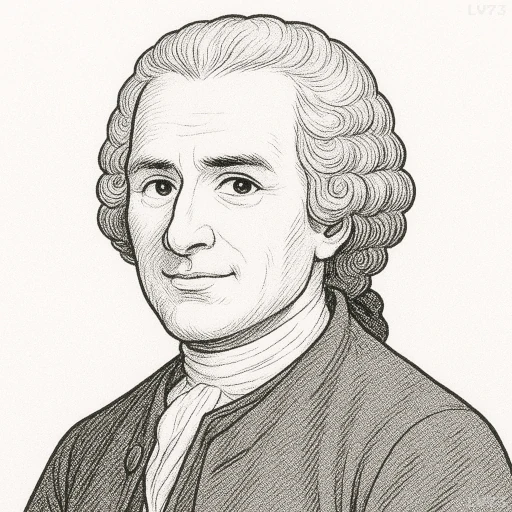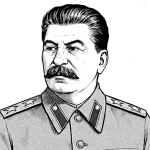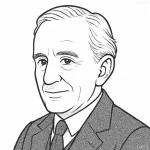“The English think they are free. They are free only during the election of members of parliament.”

- June 28, 1712 – July 2, 1778
- Born in Geneva
- Philosopher, political philosopher, writer, composer
table of contents
Quote
“The English think they are free. They are free only during the election of members of parliament.”
Explanation
In this quote, Jean-Jacques Rousseau critiques the idea of freedom in England. He argues that the English, while believing themselves to be free, are only truly free during the limited moments when they can vote in parliamentary elections. Rousseau suggests that outside of this brief period, the rest of the time, they are bound by laws, social norms, and systems of power that restrict their true freedom. He implies that the English system, despite its claim to be a democracy, is still fundamentally limited in its capacity to allow individuals genuine autonomy or self-determination. Rousseau’s critique points to the broader issue of how societies often confuse formal political rights (such as voting) with true liberty, which he believed requires not just the ability to choose leaders, but the ability to live without unnecessary constraints and oppression in everyday life.
Historically, Rousseau was critical of the British political system, especially the parliamentary democracy of his time, which he saw as insufficient for achieving true liberty. While he acknowledged that the English were granted the ability to vote for members of parliament, he also believed that such freedoms were limited and often meaningless in the broader context of social and economic inequalities. Rousseau’s ideas on freedom went beyond political rights to include social equality and individual autonomy. He argued in works like The Social Contract that true freedom could only be achieved when people collectively governed themselves in a way that reflected the general will and avoided corruption, not just through periodic elections.
In modern contexts, Rousseau’s statement serves as a critique of representative democracies where voting may be seen as the extent of political freedom, but where significant portions of society may still face systemic oppression or economic inequalities. In today’s world, where many democratic systems still grant the right to vote but fail to address broader issues of social justice, economic disparity, and political corruption, Rousseau’s observation invites us to question whether true freedom can exist when large segments of the population remain disenfranchised in other aspects of life. His words remind us that true liberty involves more than just the right to vote—it requires a deeper, more inclusive form of social equality and self-determination for all individuals.
Would you like to share your impressions or related stories about this quote in the comments section?




